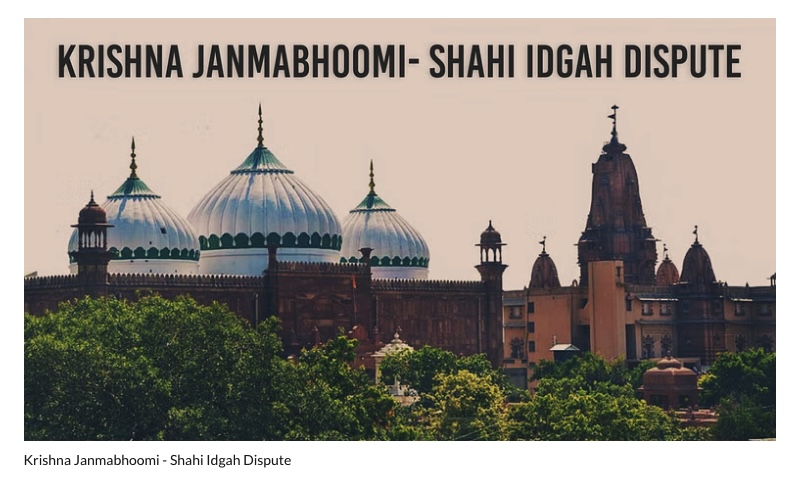INDIA, May 15, 2020 (Bar and Bench): In a wave of litigation initiated over the last few years, several petitioners have approached courts across the country to determine the religious origins and true nature of historical monuments and sites in India. In what some are describing as a consequence of the Supreme Court’s judgment in the Ayodhya case, Hindu petitioners are seeking to “reclaim” monuments built during the Mughal era, and to prohibit Muslims from offering prayers at what they claim are erstwhile ancient temples. And the courts now carry the burden of adjudicating the contentious, emotive disputes. This article attempts to chart out the status of five such cases pending before the courts.
A petition was filed before the Lucknow Bench of Allahabad High Court seeking a direction to the Archaeological Survey of India (ASI) to open doors of over 20 rooms inside the Taj Mahal premises so that the alleged controversy related to the “history of Taj Mahal” can be put to rest. The plea was filed by one Dr Rajneesh Singh who claimed to be the media in-charge of Bharatiya Janata Party (BJP) Ayodhya unit. It argued that many Hindu groups have been claiming that the Taj Mahal is an old Shiva Temple which was known as Tejo Mahalaya, [HPI note: a theory based on the books on P.N. Oak, but not supported by historians]. This petition was dismissed. However, various similar petitions remain pending before the courts: the Shahi Idgah Masjid Mosque, Qutub Minar complex in South Delhi, Gyanvapi Mosque in Varanasi, and Bhojshala complex in Madhya Pradesh. [HPI note: unlike with the Taj Mahal, there is strong evidence these mosques were built upon demolished Hindu temples.]
https://www.barandbench.com/columns/indian-monuments-religious-sites-courts-to-decide-their-origins
See also:
https://www.barandbench.com/columns/litigation-columns/supreme-court-ayodhya-verdict-temple-restoration-places-of-worship-act
A daily summary of world news for Hindus and non-Hindus alike

